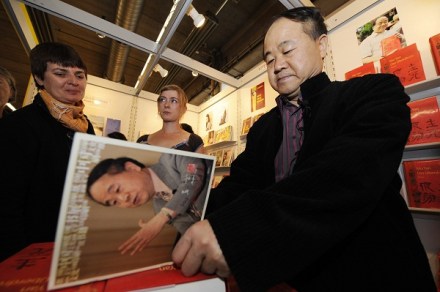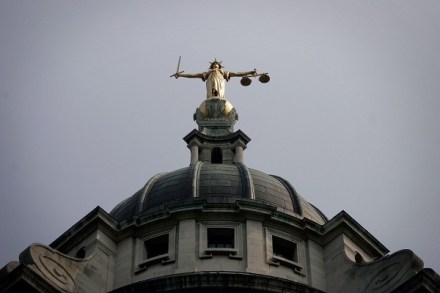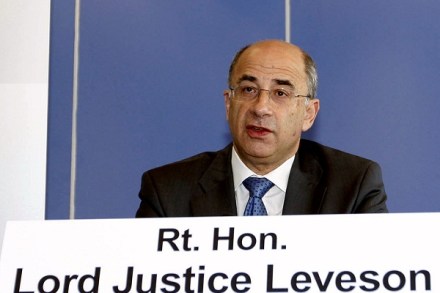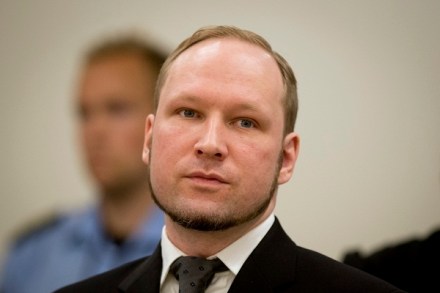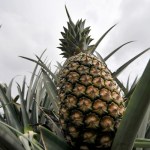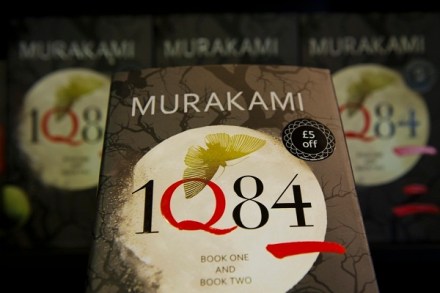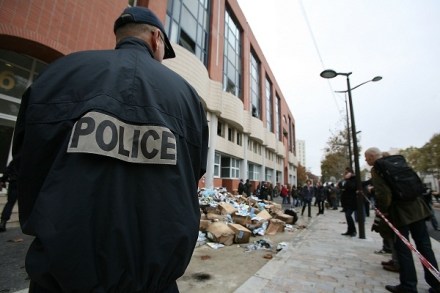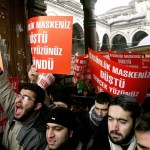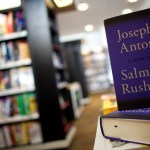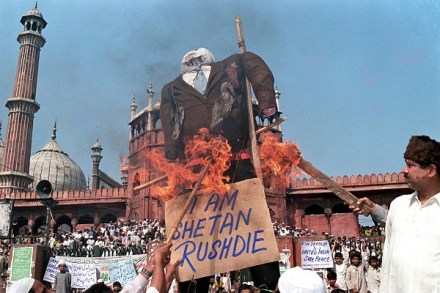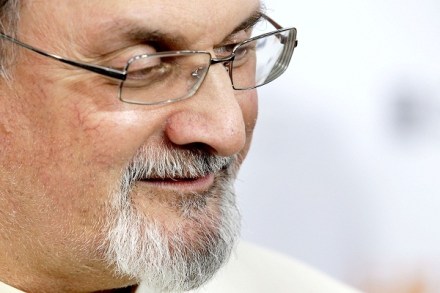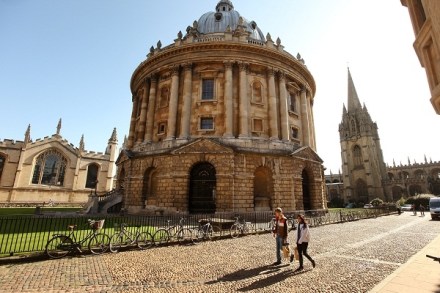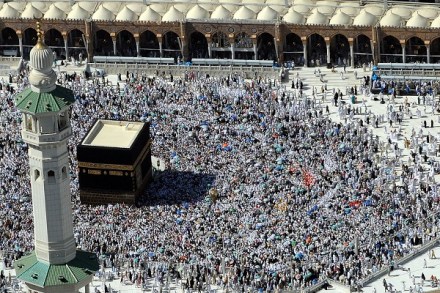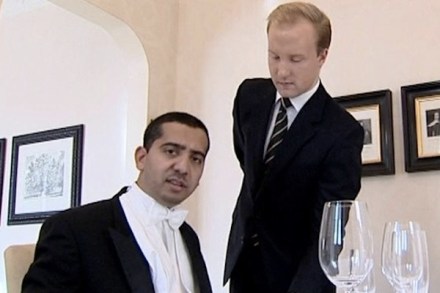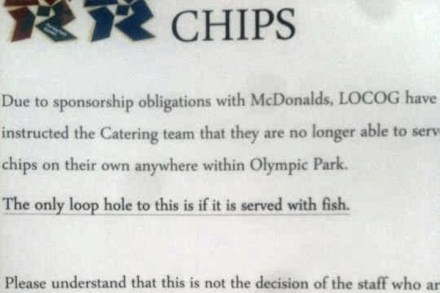‘Arab Spring’ is a misnomer
What do you do when confronted with a prejudice so strong it takes your breath away? In my case, I did what was immediately necessary. I took a deep breath to replenish lost oxygen, and moved on. It wasn’t the time or place to take on this particularly ugly example of intolerance; but it is an intolerance which needs to recognised. I was giving a lecture at a charity that trains journalists from around the world. Some are already making their way in the industry and are expected to do well. I was talking about my theory that the term ‘Arab Spring’ actually clouds our understanding of what has been




